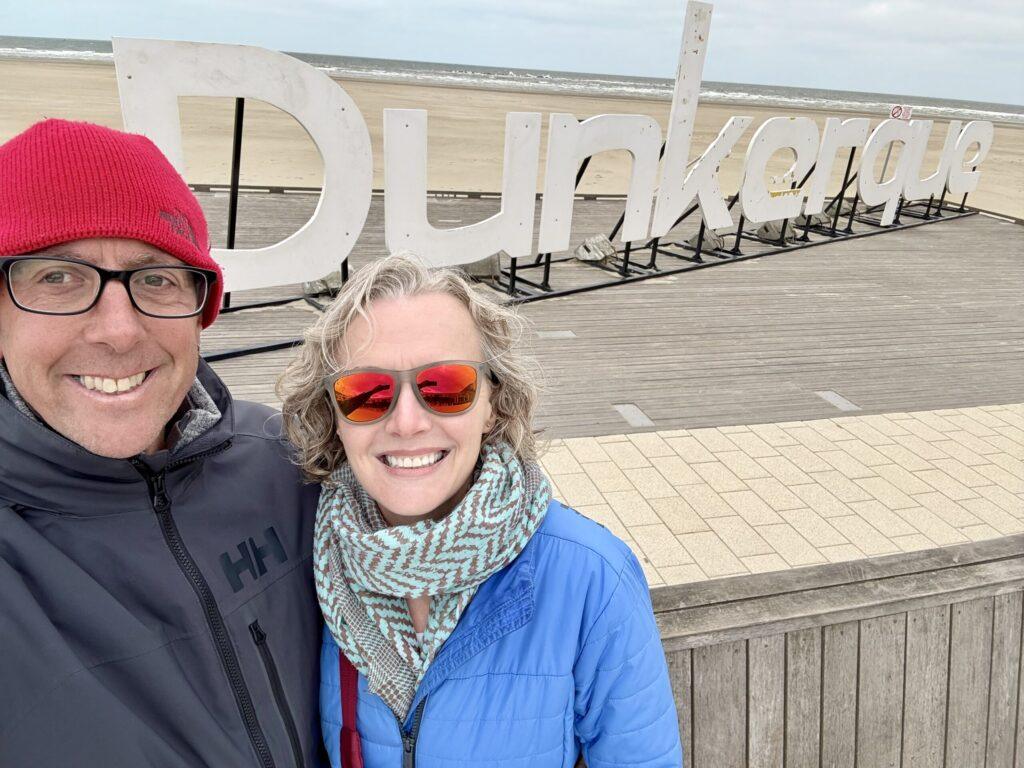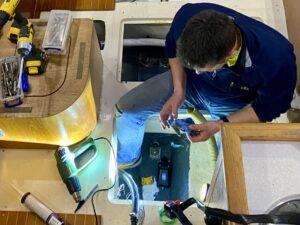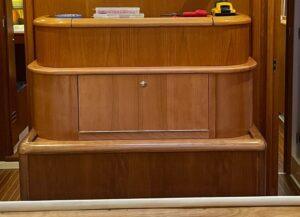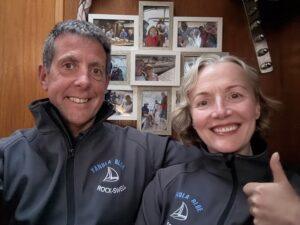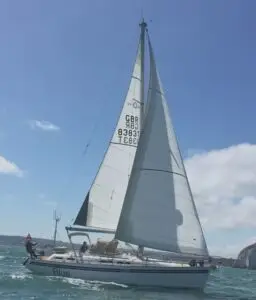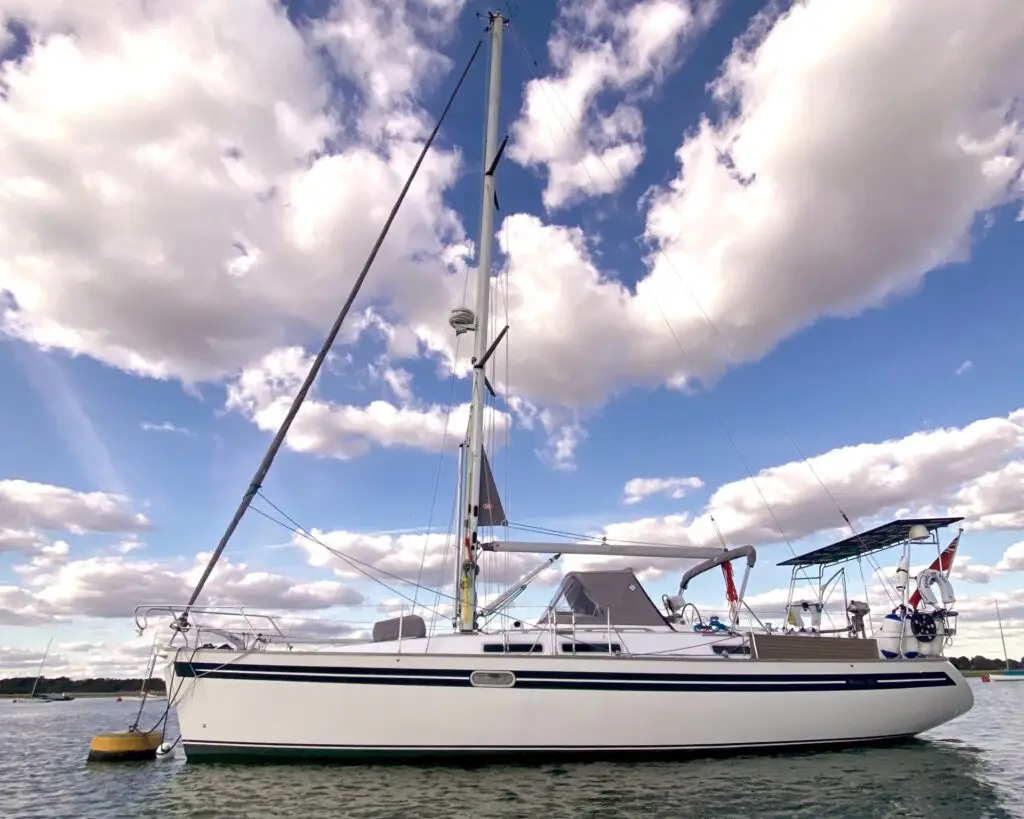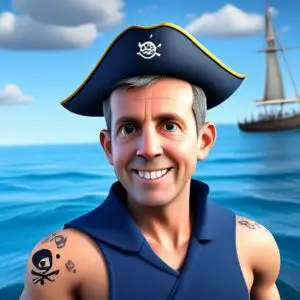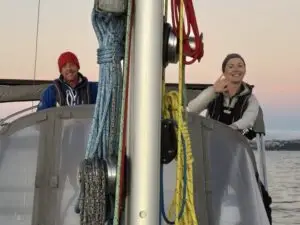Seeing the beaches at both Dunkirk, where thousands of soldiers were evacuated in 1941, and Normandy, where the allied forces landed three years later, has been poignant.
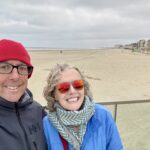
Jen and I took a trip to Dunkirk first and visited the Museum Dunkirk 1940 Operation Dynamo and then the Fort des Dunes. The former had a lot of items taken from the beach, guns, pistols and uniforms and told the story of the evacuation. The latter focussed more on the people and the use of the fort and told some moving stories of the German occupation following the evacuation.
I was keen to see the beaches themselves and it was easy to imagine the utter chaos in attempting to evacuate. We timed our visit with the low tide and managed to see the rusty remains of both the Devonia and the Crested Eagle. These ships were sunk during the operation and contained men being evacuated when they were hit by enemy shells.
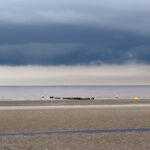
A week later and we are in Ouestreham, one of the towns that is part of the coast where the Normandy landings took place. It lies to the East end of Sword Beach.

I took a cycle ride along the coast (Jen had to go back to the UK) and got as far as Juno beach and was struck by the amount of monuments and memorials strewn along this coast. There is even a tank and a heavy gun still in a bunker.
There are names of the souls that died everywhere and happily they are tremendously well kept. The national flags, of the soldiers that are remembered, fly perpetually.
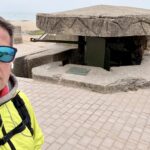
I came across one memorial with an inscription quoting Roosevelt, it said:
“In the future days, which we seek to make secure, we look forward to a world founded upon four essential human freedoms:
The first is freedom of speech and expression – everywhere in the world
The second is freedom of every person to worship God in his own way – everywhere in the world
The third is freedom from want – which, translated into world terms, means economic understandings which will secure to every nation a healthy peacetime life for its inhabitants – every where in the world
The fourth is freedom from fear – which, translated into world terms, means a world-wide reduction of armaments to such a point and in such thorough fashion that no nation will be in a position to commit an act of physical aggression against any neighbor – any where in the world.”
Franklin D Roosevelt
January 6th 1941
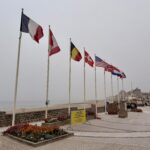
The next museum we visited was the excellent Musee de Commando No4. It was set up by veterans themselves and is now staffed by enthusiastic volunteers and tells the story of the Free French who enlisted in England when France was occupied. The men trained as elite Commandos, earning their green beret at a training camp in Scotland before joining others for the Normandy landings. There were 177 of them and all but 24 were either killed or wounded. They achieved their objective of taking back this coast along Sword Beach.
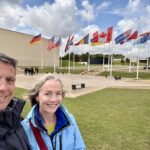
When we travelled to Caen by bus, in order to catch the train to Bayeux (to see the tapestry, likely in a future blog), we found the trains cancelled, so we had a day in Caen and walked to the very large Memorial De Caen, which is also a museum. We saw a series of exhibitions, a bunker complex and a memorial too. It was very professional and there was a twenty minute film showing how the allies moved through Normandy and brought to life some of the specific battles. There was a section on the holocaust and how the word genocide had to be invented, and some very graphic footage highlighting the horrors faced by the allied soldiers as well as the occupied civilians.
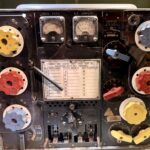
Eventually we got to Bayeux and visited the Museum of the Battle of Normandy and saw many artefacts including a radio that my grandfather was likely to have used as a navigator in bombers during the war. In the same vicinity was the Bayeux War Cemetery where we learnt that many soldiers were buried all over the area by their comrades and once the war was over, they were exhumed and buried ceremoniously at the cemeteries all over Northern France.
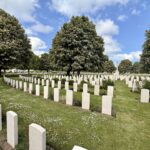
At this same time, western democracies seem to be becoming more and more right wing, America is increasing its protectionism and it is coinciding with my reading of a book that touches on the subject of the rise of the right wing. It points out that immigration to a very large extent was the reason for the Brexit vote going the way it did and it is also making the point that it is because we have become insular and less tolerant toward others, particularly toward those whose life, background and culture we do not understand.
Jen and I were told by a passing sailor, Oded, that we are very Western. We are, and one of the reasons we are exploring is to expand our horizons and understanding. His observation struck a chord with me, emphasising that we all come from different perspectives.
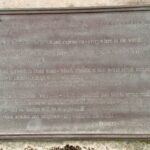
Consequently I (Chris) am writing this in a bar feeling concerned about our world and the general lack of tolerance and understanding. Roosevelt said the words above toward the beginning of the Second World War, we must ensure we always remember, otherwise we run the risk of repeating the past.

